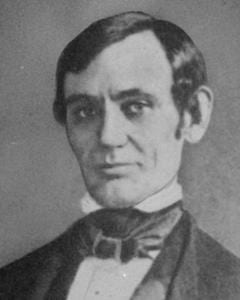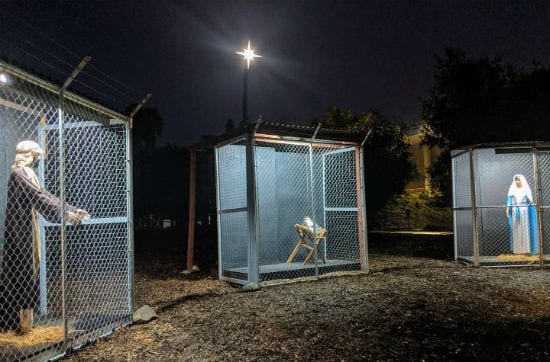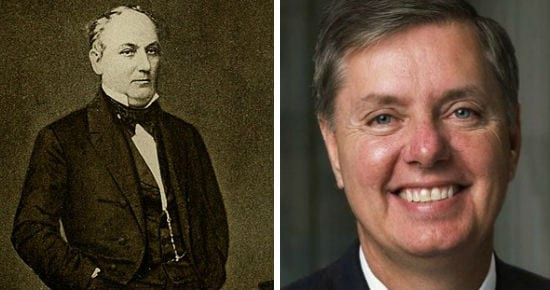Like the pope, I opposed the U.S.-led invasion of Iraq because, among other reasons, I found it impossible to defend according to the jus ad bellum criteria of the just war tradition.
Specifically, I was far from convinced that we had reached the necessity of last resort; I believe that “preventive” or “pre-emptive” wars require a far greater burden of proof than the advocates of this war were willing to meet; I was troubled by the Bush administration’s sneering disregard for the criterion of right authority; and — foremost — I doubted that this war had a reasonable chance of success.
That last criterion is always a matter of judgment, of prudence, and it involves more than a simple comparison of military capabilities. It also involves the calculation that the war in question won’t end up making things worse. It seemed likely to me that this war would end up making things worse.
(What could be worse than Saddam Hussein? How about civil war and chaos in Iraq; the creation of a failed state that shelters and breeds terrorists; the diversion of American forces, funds and attention from the pursuit of al-Qaida; the erosion of multilateral institutions and cooperation; and the loss of American prestige, respect and persuasion as a proponent of democracy and human rights. The last three have already occurred. The first two may still be preventable, but it’s a longshot.)
I based this calculation partly on the nature of the undertaking itself — an audacious experiment in nation-building conducted almost entirely by soldiers and smart bombs. America’s military is the most effective in the world, but this was not primarily a military task. We seemed to be using one tool for many different jobs, including some for which that tool was not designed. You can pound a screw in with a hammer if you hit it hard enough, but the results will be less than satisfactory.
But another part of this calculation had to do with my lack of confidence in the people in charge. The quote in the previous post from Heart of Darkness seemed to me an accurate description of Bush, Cheney, Rumsfeld, Wolfowitz, et. al. — “… there was not an atom of foresight or of serious intention in the whole batch of them, and they did not seem aware these things are wanted for the work of the world.”
Andrew Sullivan — who very casually dismissed his church’s objection to the war — describes his response to this particular objection:
The one anti-war argument that, in retrospect, I did not take seriously enough was a simple one. It was that this war was noble and defensible but that this administration was simply too incompetent and arrogant to carry it out effectively. I dismissed this as facile Bush-bashing at the time. I was wrong.
I sensed the hubris of this administration after the fall of Baghdad, but I didn’t sense how they would grotesquely under-man the postwar occupation, bungle the maintenance of security, short-change an absolutely vital mission, dismiss constructive criticism, ignore even their allies (like the Brits), and fail to shift swiftly enough when events spun out of control. …
To have humiliated the United States by presenting false and misleading intelligence and then to have allowed something like Abu Ghraib to happen — after a year of other, compounded errors — is unforgivable. By refusing to hold anyone accountable, the president has also shown he is not really in control. We are at war; and our war leaders have given the enemy their biggest propaganda coup imaginable, while refusing to acknowledge their own palpable errors and misjudgments. They have, alas, scant credibility left and must be called to account. Shock has now led — and should lead — to anger. And those of us who support the war should, in many ways, be angrier than those who opposed it.
My point here is not to defend my earlier calculation that the Bush administration could not be trusted to wage this effort successfully. I only want to point out — as Sullivan has come to realize — that this was not merely “facile Bush bashing,” but part of a principled objection to the war.












